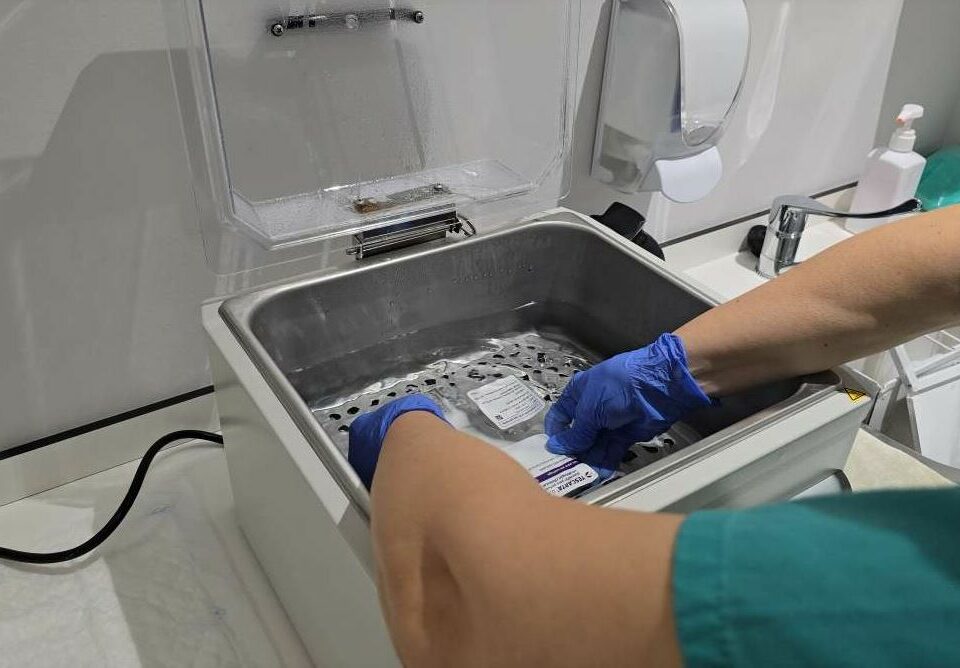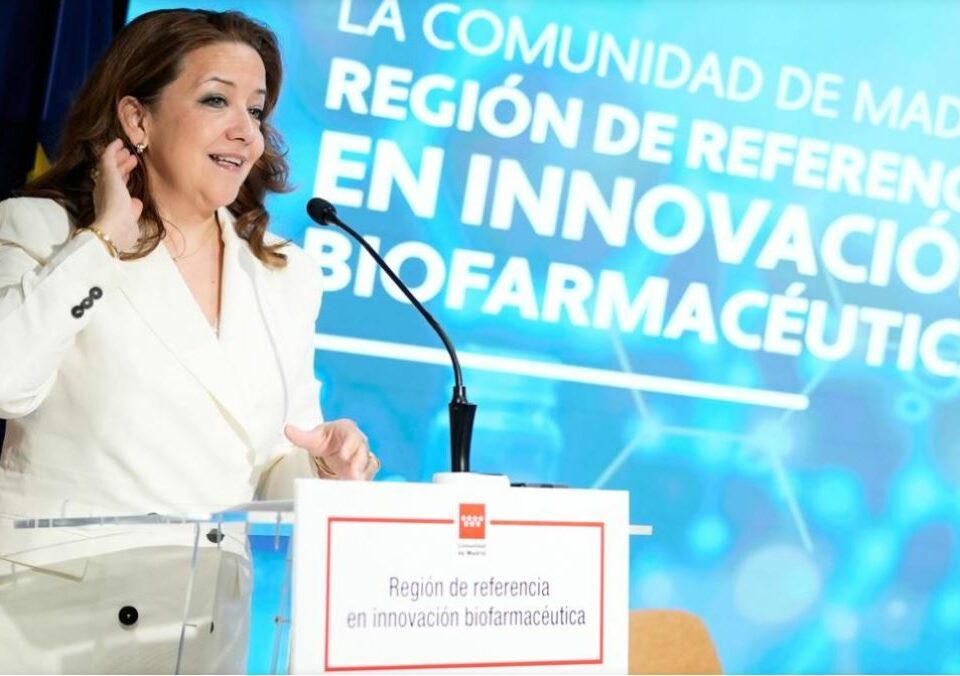Europe calls latest cancer drugs “significant progress” for health

The European Medicines Agency has thus identified nine oncology approvals for 2023.
The arrival of new treatments is directly linked to the pharmaceutical industry’s commitment to the fight against cancer.
Survival in some tumour types now exceeds 90%.
A new study by the Swedish Institute of Health Economics finds inequalities in access to screening, biomarkers and innovative treatments between Member States and between regions of some countries, such as Spain.
This Sunday, 4 February, marks World Cancer Day

Farmaindustria.es
Cancer is the great epidemic of our century. According to the report Las cifras del cáncer en España 2024 (Cancer figures in Spain 2024), which is produced each year by the Spanish Society of Medical Oncology (SEOM) in collaboration with the Spanish Network of Cancer Registries (Redecan), the number of cancers diagnosed in Spain in 2024 will reach 286,664 cases, which represents an increase of 2.6% compared to 2023.
Just as the incidence of cancer is expected to increase worldwide, in Spain it is estimated that in 2040 the incidence will reach 341,000 cases. Likewise, the most frequently diagnosed cancers in Spain in 2024 will be, according to the report, those of the colon and rectum, breast, lung, prostate and bladder.
Prevention and early diagnosis together with advances in new treatments are the main tools to combat this reality that is affecting an increasing number of people and families.
The arrival of new medicines is directly related to the commitment of the pharmaceutical industry in the fight against cancer. The European Medicines Agency (EMA) report Human medicines highlights 2023, which summarises and analyses the latest drug approvals, shows 39 new active ingredients, a third (13) of which are for cancer.
The EMA highlights nine of them as “significant contributions” to health, the vast majority of them for rare and paediatric cancers. Oncology is currently a priority area in biomedical research: in 2021 it accounted for one in four clinical trials initiated worldwide.
Since 2000, the EMA has approved more than 140 new active ingredients for solid tumours; 37 oncology drugs were approved between 2019 and 2021 alone, and there are more than 2,000 products currently in development, according to the specialised consultancy Iqvia. In Spain, clinical trials in the oncology area in the 2020-2023 period accounted for 34.6% of the total, of which 87.3% are promoted by the pharmaceutical industry.

Survival above 90% in some cancers
New treatments are having a direct impact on the survival of cancer patients in our country, which has doubled in the last 40 years. For example, standardised net survival in men with prostate cancer has reached 90%, while in women, in the case of thyroid cancer, survival is already at 93%.
These are the figures used by the SEOM, which are also supported by the latest scientific publications. Thus, the life expectancy of cancer patients in Spain has increased by almost three years in the last ten years thanks to the use of innovative drugs, as reported in the study The Relationship Between Pharmaceutical Innovation and Cancer Mortality in Spain, From 1999 to 2016, published in the journal Value in Health, and led by Columbia University professor Frank R. Lichtenberg.
Although cancer diagnosis and treatment have made great strides in recent decades, cancer remains one of the great healthcare challenges of our time. Advances in research are creating new opportunities that require a more flexible and innovative system of evaluation and access for patients.
It is therefore necessary to consider the social value of the medicine, i.e. to include health and non-health savings and the impact on quality of life in the evaluation. It cannot be forgotten what it means for a cancer patient to have access to medicines that allow them to remain connected to their family, social or even work life.
In fact, the impact of this disease on the working life of those affected was the focus of the event organised by the Spanish Association Against Cancer (AECC) on Thursday to mark World Cancer Day – this Sunday, 4 February – which was attended by Her Majesty Queen Letizia and the Second Vice-President of the Government and Minister of Employment and Social Economy, Yolanda Díaz. The president of the AECC, Ramón Reyes, stressed that thanks to prevention and biomedical innovation “in our country there are more than two million long-term cancer survivors” who face a high risk of unemployment.
In this sense, new medicines can also help these patients, insofar as many of them impact on their quality of life, enhance the effectiveness and efficiency of the healthcare system, allow for higher labour productivity and generate a significant contribution to the national economy.
Inequalities within the EU
Also on the occasion of World Cancer Day, a study on inequalities in cancer care in the EU has been released, which concludes that the risk of developing and surviving cancer depends on the country where patients live. The report, prepared by the Swedish Institute of Health Economics (IHE) at the request of the European Federation of the Pharmaceutical Industry (Efpia) – to which Farmaindustria belongs – finds inequalities in access to prevention and screening, biomarkers and innovative treatments, and in the quality of life of cancer survivors.
It also highlights the need to make efficient use of health budgets to provide high quality services. Spain is in the middle of the table for almost all the indicators in this report, which does identify differences between autonomous communities as a point for improvement in Spain.
It is now three years since the European Plan to Combat Cancer was adopted and two years since it was launched to tackle this disease, which is the second leading cause of death in the EU. And while much progress has been made in this time, there is still a long way to go to achieve the ambitious goal of beating cancer and tackling inequalities, as the Cancer Inequalities Registry shows. The Cancer Inequalities Registry identifies trends and disparities between Member States and regions. It also sheds light on inequalities in cancer prevention and care due to gender, education level and income level, as well as disparities between urban and rural areas.
As Efpia recalls, the EU considers the fight against cancer as one of the five pillars of Horizon Europe, the framework programme for R&D&I in the region. Under this umbrella, the Cancer Mission has been launched, which aims to drive innovation breakthroughs in this high-impact area and save at least three million lives in Europe over the next decade.





